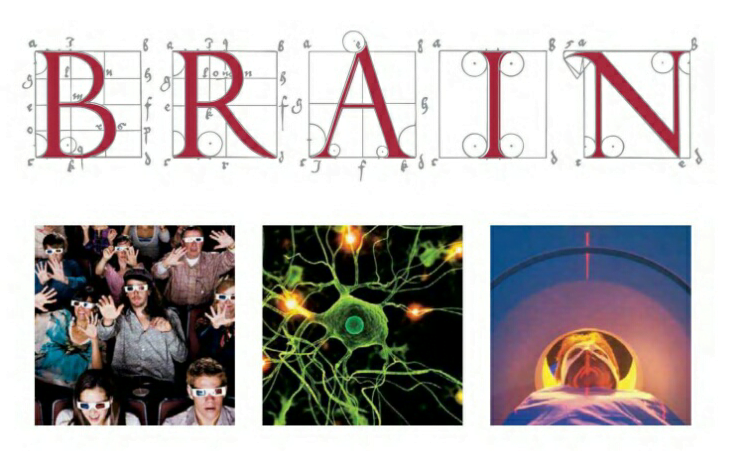THE ANCIENT BRAIN – THE AMAZING BRAIN
More than 4,000 years ago, Egyptian priests considered the brain to be worthless. After a person’s death, the most important organs were often removed and preserved. Prized above all was the human heart, which the priests believed contained the soul and the mind. In preparing a body for mummification, they slithered a hooked tool through the nose, removed the brain, discarded it, and packed the empty skull with cloth.
The Greek philosopher Aristotle (384-322 B.C.) was of the same mind as the Egyptians, believing the brain to be merely an elaborate series of channels designed to cool the blood as it circulated through- out the body. Like the Egyptians, he considered the heart to be the paramount organ of the mind and of thought.

Although science has since discarded the idea of the heart as the home of humanity’s essence, our language is replete with examples of the ancient idea clinging to the imagination. This is especially true in love and romance. We speak of losing a heart to a loved one, suffering a broken heart, and being heartsick. In reality, falling in and out of love is a matter of losing our brain-or perhaps, as anyone insane with romance could tell you, our mind.
STAYING SHARP
YOUR BRAIN DOES not remain static, and there are ways to improve its performance. Like the muscles of your body, your brain gets stronger when it’s given a workout. Creativity, imagination, and other methods of cognition improve when your brain reacts to new perceptions, particularly if you actively try to experience the world in fresh ways. Read and think. Soak up the art at a museum. Listen to complex music, and let your mind explore its patterns. Enjoying music stimulates many sections of the brain and presents the opportunity for creating new brain circuitry. Some scientific research, which was Summarized in a book by physicist Gordon L. Shaw, suggests that listening to pleasurable music such as a Mozart sonata causes a short-term increase in the ability to solve spatial problems. Neurologist Richard RESTAK concurs with this finding. He believes that listening to Mozart for a few minutes each day may boost your cognition across many levels, from simple perceptions to deeper thoughts. EINE KFEINE NACHTMUSIK, ANYONE?

